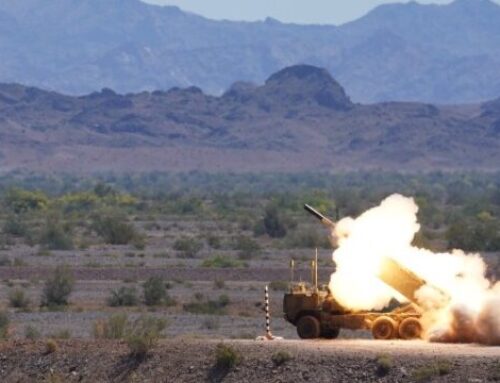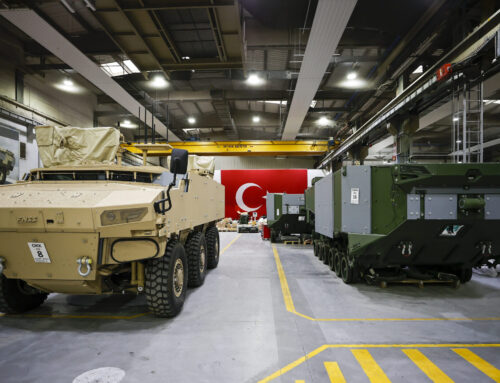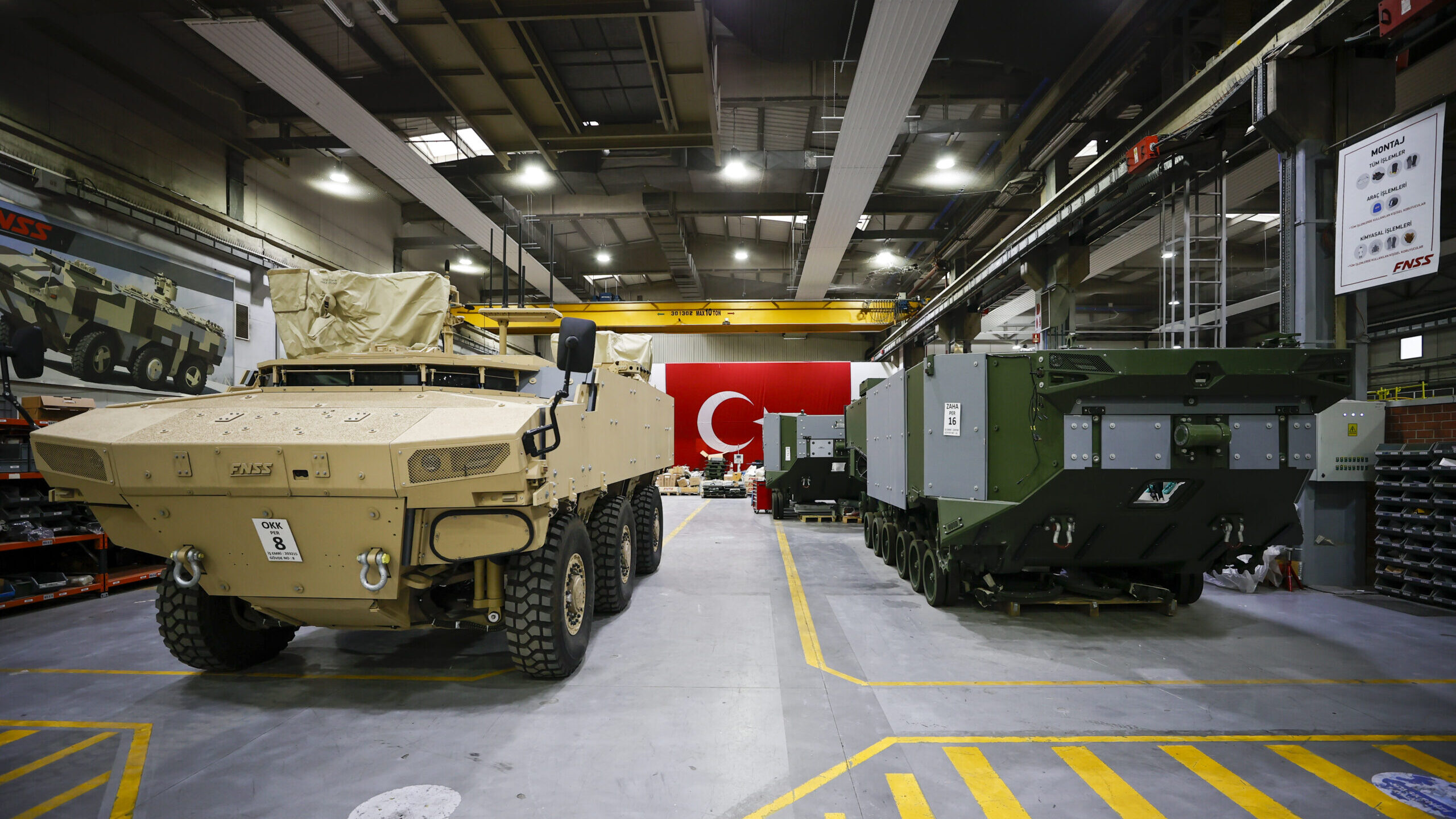Concept art of a Barracuda-class submarine by France’s Naval Group. (Naval Group)
BELFAST — The Dutch Ministry of Defence (MoD) has dismissed claims in two separate reports from local news publications alleging impropriety in a recent major submarine acquisition and that the US had supposedly balked at selling Tomahawk missiles to the Dutch military for the underwater vessels.
The two issues caused enough consternation in The Hague that today lawmakers met to sort them out in a five-hour-long session.
In a letter to the House of Representatives on Friday, Netherlands State Secretary for Defense Christophe Van der Maat said that reporting by de Volksrant, a Dutch newspaper, that alleged the government had secretly adjusted financial oversight terms for France’s Naval Group, the winning bidder for the Netherland’s Submarine Capability Replacement Program (VOZBT), amounted to an “incorrect” version of events.
Specifically Van der Maat disputed that the MoD had “relaxed” the auditing requirements for the shipbuilder after the Dutch and French governments were reported to have discussed “access” that the Netherlands considers “desirable for the State Audit Service (ADR)” to carry out “financial control tasks” linked to the winning bid. Van der Maat wrote to lawmakers the “perception” the French bid was given any “relaxations” of rules not available to other candidates was “incorrect,” according to an online translation of the letter.
Van der Maat said “direct ADR access” to competitors financial information remains “one of the essential conditions for cost and risk control” for the submarine effort, aimed at replacing four Walrus-Class vessels, and that such a “provision” was included in the Letter of Commitment (LoC) agreed by the three competing shipyards. Agreeing to ADR access was also a “condition for the yards to receive the Request for Quotation (RfQ) and be able to submit a bid,” he noted.
The agreements in the LoC, he said, will be included in a forthcoming Memorandum of Understanding to be concluded with the French government “before or during the signing of the supply contract with Naval Group.”
In March, Naval Group’s new conventionally powered Blacksword variant of the Barracuda submarine was provisionally selected for the submarine procurement, ahead of Sweden’s Saab Kockums Expeditionary Submarine C718, based on the A26 Blekinge-Class, and Germany’s Class 212CD E from ThyssenKrupp Marine Systems (TKMS).
As Breaking Defense previously reported, at the time of the Naval Group selection, an exact cost for the four new submarines was not disclosed by The Hague, but a letter shared with lawmakers detailed an “investment budget,” for construction and other costs up to 2039, amounting to €5.6 billion ($6.1 billion). TKMS has since lodged an objection to the selection decision.
“No decision has yet been made concerning the appeal filed by Thyssenkrupp Marine Systems in due form and time with the District Court in The Hague against the award decision of the Dutch Ministry of Defense dated March 15, 2024,” a TKMS spokesperson told Breaking Defense. “Among other things, it will take time for both parties to answer numerous questions regarding the evaluation criteria. From Thyssenkrupp Marine Systems’ point of view, these issues are relevant to the court’s overall assessment of the award decision. Please understand that we are not commenting on details.”
Saab has not resorted to legal action to contest the decision, with a spokesperson for the company stating, “the file [acquisition] should be debated and decided in the Dutch Parliament.”
“As the parliamentary process in ongoing is the Netherlands, we can only say that we are proud to have been selected by The Netherlands Ministry of Defence for the Replacement Netherlands Submarine Capability project following a stringent selection process,” a Naval Group spokesperson told Breaking Defense. “We look forward to the next steps with confidence in the Dutch Ministry of Defence’s process.”
About Those Tomahawks
The second item in the letter and a topic of today’s parliamentary debate was an article in De Telegraaf about the US government’s hesitation to provide Tomahawk long-range missiles for future integration on the new submarines because it reportedly goes against their own competitive interests and the high costs associated with integration. Here, again, Van der Maat said the Dutch MoD “does not recognize this picture.”
The Hague and Washington have held discussions about integration of the weapon, he noted.
“The United States has not commented in advance on the feasibility of integrating TLAM [Tomahawk Land Attack Missile] on the Orka-class, or placed any restrictions on candidate yards in this regard,” he wrote. When a supplier is selected and a supply contract signed, he said, only then “can the [Dutch] Defence Department, in cooperation with the US DoD, develop a concrete plan for integration of TLAM on the new submarines.”
Dismissing other concerns around missile integration difficulties, the letter also said that the Netherlands “has no information that would indicate that the risk that the new submarines cannot be equipped with a cruise missile is greater at any of the yards.”











